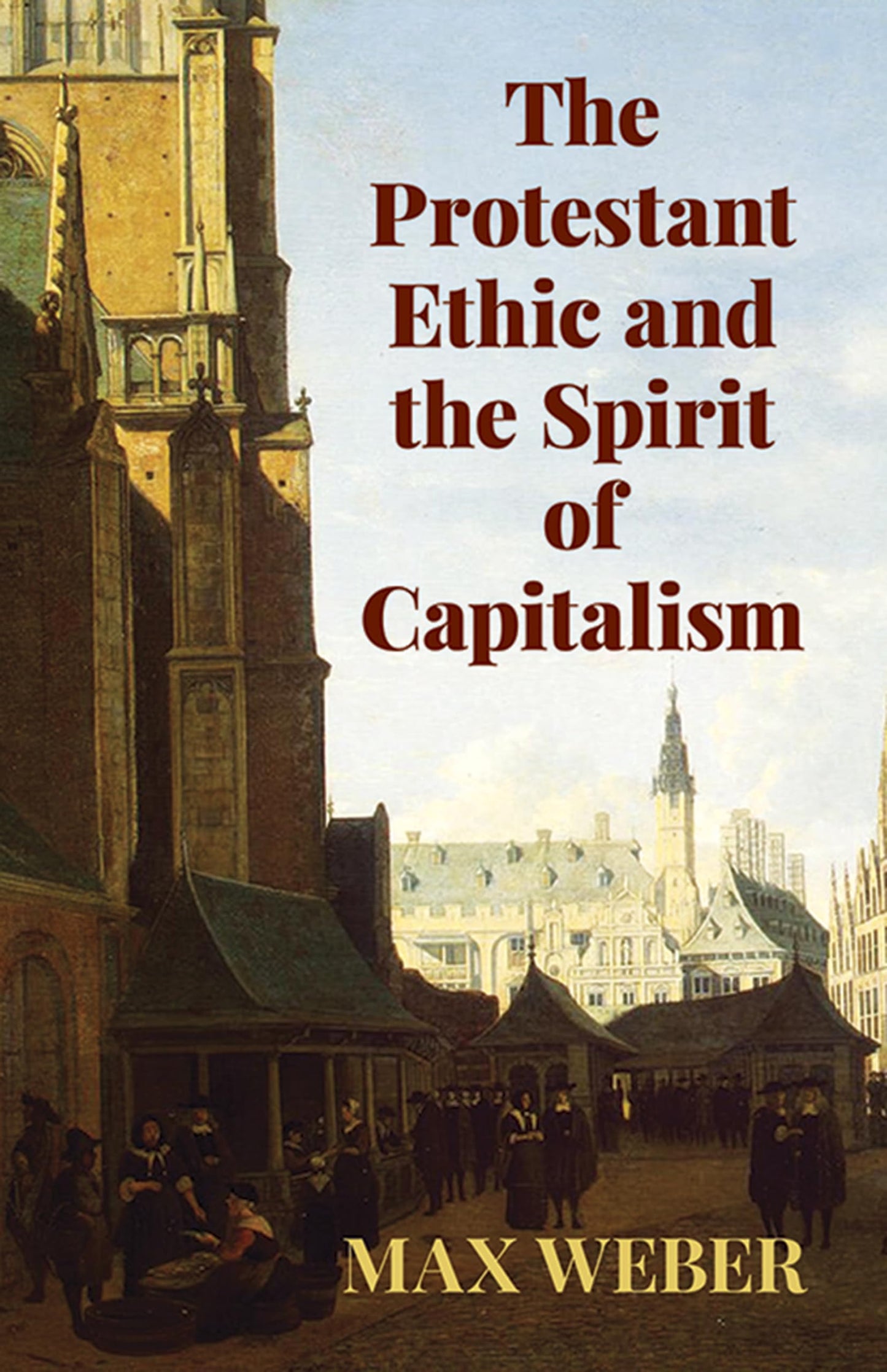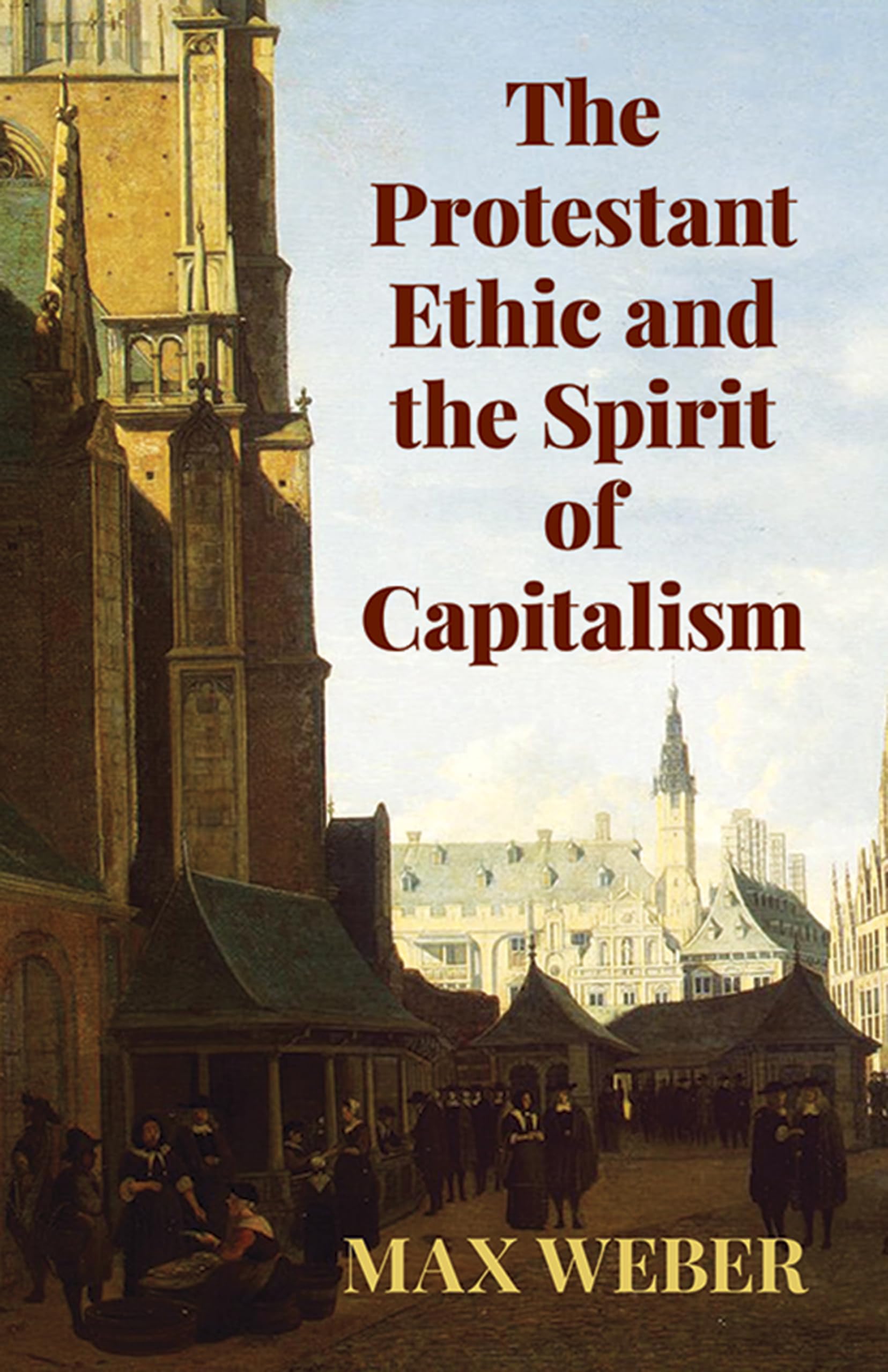Dover Publications
Protestant Ethic and the Spirit of Capitalism
Regular price
$7.95 USD
Regular price
Sale price
$7.95 USD
Unit price
per
Shipping calculated at checkout.
Couldn't load pickup availability
Title: Protestant Ethic and the Spirit of Capitalism
Author: Max Weber
ISBN: 9780486427034
Publisher: Dover Publications
Published: 2003
Binding: Paperback
Language: English
Condition: Used: Near Fine
Excellent, unmarked copy with little wear and tight binding. We ship in recyclable American-made mailers. 100% money-back guarantee on all orders.
I 1689796
Publisher Description:
The Protestant ethic -- a moral code stressing hard work, rigorous self-discipline, and the organization of one's life in the service of God -- was made famous by sociologist and political economist Max Weber. In this brilliant study (his best-known and most controversial), he opposes the Marxist concept of dialectical materialism and its view that change takes place through "the struggle of opposites." Instead, he relates the rise of a capitalist economy to the Puritan determination to work out anxiety over salvation or damnation by performing good deeds -- an effort that ultimately discouraged belief in predestination and encouraged capitalism. Weber's classic study has long been required reading in college and advanced high school social studies classrooms.
Author: Max Weber
ISBN: 9780486427034
Publisher: Dover Publications
Published: 2003
Binding: Paperback
Language: English
Condition: Used: Near Fine
Excellent, unmarked copy with little wear and tight binding. We ship in recyclable American-made mailers. 100% money-back guarantee on all orders.
I 1689796
Publisher Description:
The Protestant ethic -- a moral code stressing hard work, rigorous self-discipline, and the organization of one's life in the service of God -- was made famous by sociologist and political economist Max Weber. In this brilliant study (his best-known and most controversial), he opposes the Marxist concept of dialectical materialism and its view that change takes place through "the struggle of opposites." Instead, he relates the rise of a capitalist economy to the Puritan determination to work out anxiety over salvation or damnation by performing good deeds -- an effort that ultimately discouraged belief in predestination and encouraged capitalism. Weber's classic study has long been required reading in college and advanced high school social studies classrooms.

